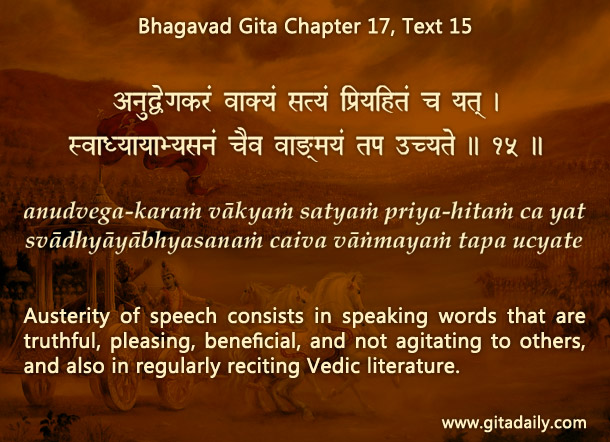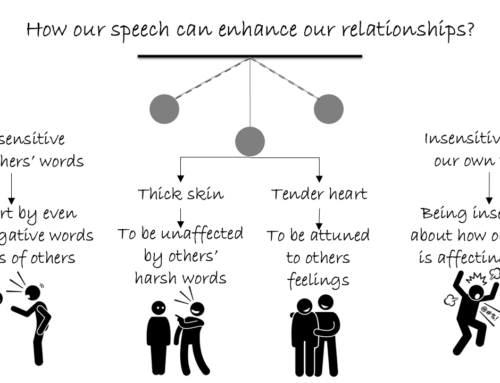In today’s politically correct climate, not many people speak candidly; they understandably fear being condemned or ‘canceled.’ Amid such an environment, those who do call a spade a spade are rare. While the courage of such speakers needs to be acknowledged, the effectiveness of their words needs to be evaluated: do they actually change others’ minds?
People nowadays increasingly live in informational echo chambers, wherein they repeatedly hear a particular version of reality and come to equate that version with reality itself. For example, some people living in an echo chamber may have become convinced that all spades are clubs or that spades don’t exist at all. If they encounter someone who calls a spade a spade, they are unlikely to appreciate the speaker’s truthfulness; they are far more likely to dismiss the speaker for what they think is foolishness or presumptuousness or even wrongheadedness.
In such a situation, how can we communicate effectively? By having the humility to acknowledge that our courage in speaking the truth is in itself not helpful; our cutting speech may make us feel good about ourselves, but it won’t do much good to others.
Infused with such humility, we may explore various means to make our speech more effective. And we will find the Bhagavad-gita ready with potent guidelines: it (17.15) recommends that we speak not just truthfully but also non-agitatingly and pleasingly. When others see that our speech is calm, considerate and courteous, they are more likely to appreciate us as human beings. Over time, our human connection with them will inspire them to open their hearts; then, they will become more willing to hear our words and re-examine their positions.
One-sentence summary:
It takes courage to call a spade a spade; and it takes humility to acknowledge that calling a spade a spade is of little help among people who are convinced that all spades are clubs or that spades just don’t exist.
Think it over:
- Why is communication among people with differing beliefs increasingly difficult?
- In such situations, which virtue of speech is unhelpful and which is helpful?
- How can we communicate with people who live inside an echo chamber?
***
17.15: Austerity of speech consists in speaking words that are truthful, pleasing, beneficial, and not agitating to others, and also in regularly reciting Vedic literature.
To know more about this verse, please click on the image




Leave A Comment